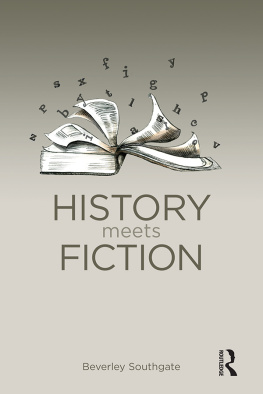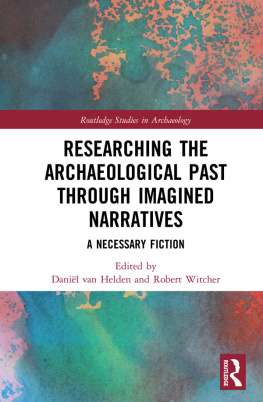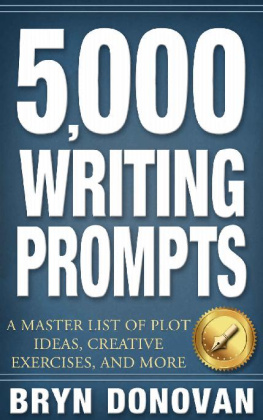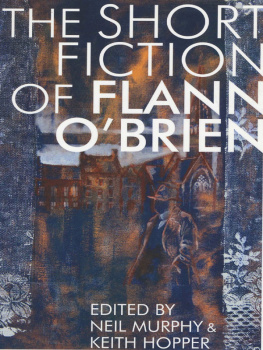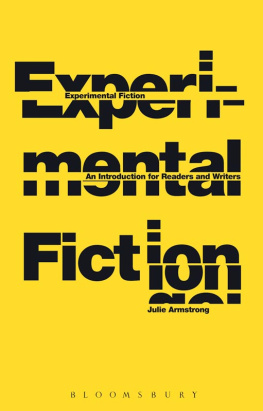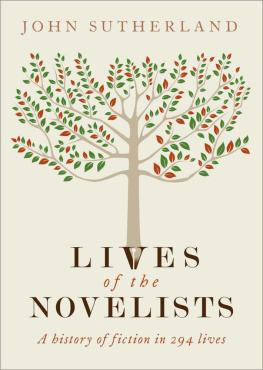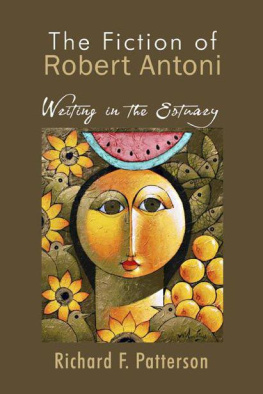First published 2009 by Pearson Education Limited
Published 2014 by Routledge
2 Park Square, Milton Park, Abingdon, Oxon OX14 4RN
711 Third Avenue, New York, NY 10017, USA
Routledge is an imprint of the Taylor & Francis Group, an informa business
Copyright 2009, Taylor & Francis.
The right of Beverley Southgate to be identified as author
of this work has been asserted by him in accordance with the
Copyright, Designs and Patents Act 1988.
All rights reserved. No part of this book may be reprinted or reproduced or utilised in any form or by any electronic, mechanical, or other means, now known or hereafter invented, including photocopying and recording, or in any information storage or retrieval system, without permission in writing from the publishers.
Notices
Knowledge and best practice in this field are constantly changing. As new research and experience broaden our understanding, changes in research methods, professional practices, or medical treatment may become necessary.
Practitioners and researchers must always rely on their own experience and knowledge in evaluating and using any information, methods, compounds, or experiments described herein. In using such information or methods they should be mindful of their own safety and the safety of others, including parties for whom they have a professional responsibility.
To the fullest extent of the law, neither the Publisher nor the authors, contributors, or editors, assume any liability for any injury and/or damage to persons or property as a matter of products liability, negligence or otherwise, or from any use or operation of any methods, products, instructions, or ideas contained in the material herein.
ISBN 13: 978-1-4082-2012-2 (pbk)
British Library Cataloguing in Publication Data
A CIP catalogue record for this book can be obtained from the British Library
Library of Congress Cataloging in Publication Data
Southgate, Beverley C.
History meets fiction / Beverley Southgate. 1st ed.
p. cm. (History: concepts, theories and practice)
Includes bibliographical references and index.
ISBN 978-1-4082-2012-2 (pbk.)
1. HistoriographyPhilosophy. 2. HistoryPhilosophy. 3. Fiction. I. Title.
D13.S6234 2009
907.2dc22
2009015912
For Sheila, who makes it all possible, with my love.
S ome few years ago, my friend the late Dennis Brown lent me a copy of Wyndham Lewiss novel Self Condemned. He thought that its representation of a Professor of History, so disaffected with his subject that he felt bound to resign his prestigious position, might be of interest; and so interesting did it in fact prove that I went on to read other works that revealed a similar concern with historical theorya subject that initially seemed an unlikely topic for writers of fiction, but later came to appear as almost obsessive. And one thing that particularly struck me in the course of my reading was that fictional representations of historians, insofar as these were conventional practitioners of their subject, seemed to be almost uniformly negative of ten depicted as nothing better than dry-as-dust, boring old pedants. And, as far as their subject was concerned, what emerged overall was an attitude highly critical towards traditional perceptions of both the nature and the assumed purposes of history.
This book, then, is in part a record of my own exploration of territory previously outside my own disciplinary purview a study that impinges on both history and fiction (and no doubt invites criticism from both specialist camps), but that is, I hope, grounded in my continuing interest in historical theory, or philosophy of history.
A particular feature here is the use of case studies or the examination of a number of specific novels at some length in order to show how writers of fiction have treated issues relating to history and historical theory and have frequently introduced and illustrated these in a helpfully accessible way. I hope that what is thus an essentially cross-disciplinary study will prove of interest to students and readers of both history and literature, as well as those concerned more generally with intellectual and cultural studies.
The relationship between history and fiction has always been contentious and sometimes turbulent, not least because the two have traditionally been seen as mutually exclusive opposites. From the earliest times, historians have defined their subject by direct reference to its absolute distinction from fiction: history is history precisely because it is

